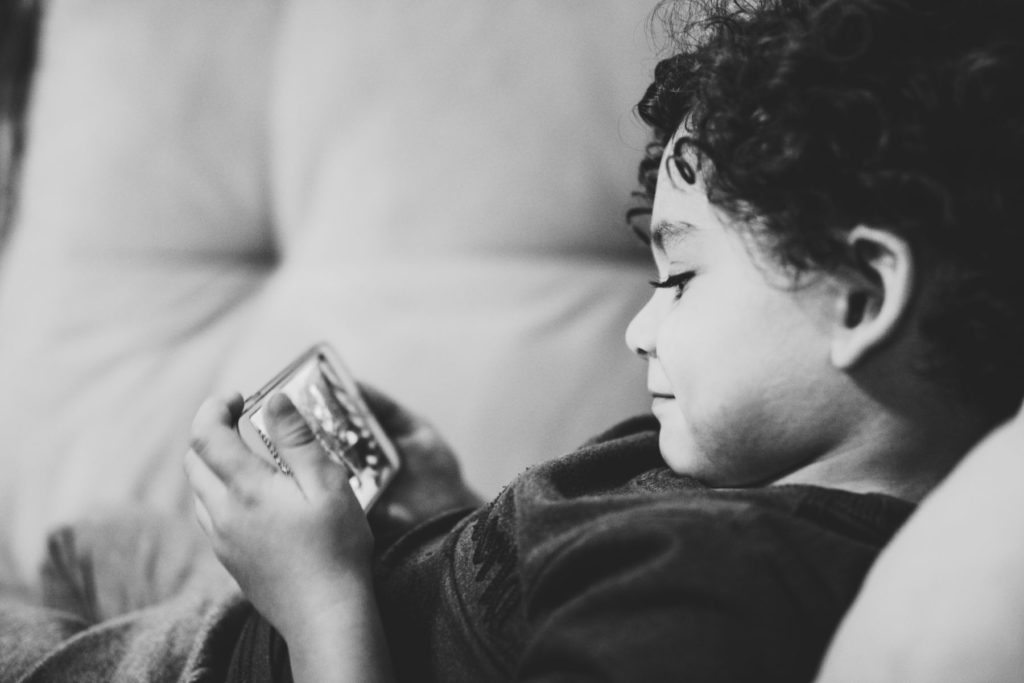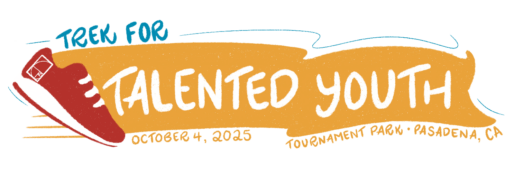By Justin Pansacola
This fall, the Institute for Educational Advancement’s Academy program will be offering a wide variety of classes, including the online class “What is the Internet Doing to Our Brains?” For students ages 9 through 14, this class is based on the New York Times Best Seller “The Shallows: What the Internet is Doing to Our Brains” by Nicholas Carr. What’s this class all about? To find out, we asked the instructor, Nicholas Brown.
When you first read Nicholas Carr’s book “The Shallows: What the Internet Is Doing to Our Brain,” what inspired you to turn it into a class?
One of the initial things the book starts off saying is that it’s not about analyzing the content of the internet, but how we use the internet. Really, it’s an amazing journey into how humanity has used tools over time and how the internet happens to be the most recent tool that is greatly impacting how we live, how we think, and how we function as human beings.
There are lots of discussions we can have about the content of the internet and what gets put up from videos to tweets to – everything’s on the internet – but the book dives into how it’s impacting how our brains work.
What’s an example of this that you would discuss with the class?
One example the book brings up is the fact that our brain really, really, likes to be stimulated. Every single time we scroll down a feed on whatever social media feed or website we might be on, each time we see some new thing our senses are stimulated. It’s almost as though we’re rewarding the brain and our brain craves it more and more. With the ease of being able to see and scroll, the never ending loop that the internet is, the more we do it, the more we crave doing it. There’s a behavior reinforcement behind every single moment we spend on our phones or on the internet.
What should parents expect from this class? What kinds of lessons or themes do you hope to impart?
I don’t think that the students will ever see the use of the internet the same way again. I think reading this book will change the way they see the internet forever. I’ve always allowed my students to come to their own conclusion to things, to not put words in their mouth, but merely bring up questions. For them having the chance to see for the first time what the internet has done, it will be very interesting for them. I’ll give them a chance to decide for themselves if it’s good or bad, or what the next step is.
The amazing thing that occurs when you read this book is that it invites the practice of meta-cognition, which is the process of thinking about your thinking. For a young person, for a teenager or adolescent, it’s a really great primer into meta-cognition. It’s a great opportunity to practice it.
It seems like people would appreciate learning new skills or concepts. What’s the value of meta-cognition to young people?
Thinking is something we’re always doing, you can’t get around it, you may choose to think more or more deeply about things, but everyone is always thinking. For someone to be aware of how their thinking develops or changes or how it can be impacted by the outside environment, I think that’s a powerful tool.
Why should a student want to take a class like this, or study this book?
It’s an amazing journey because the book itself goes beyond talking about the internet and is more of a journey into all the tools that humanity has come across. For example, we used to not use maps. [After we started using maps,] that changed the way we think about our world, and we began to think about our world in a more abstract way.
I think that we’re always practicing using the internet but giving students a chance to read through an entire book and practice using that as a tool to impact their thinking, that’s going to be a fantastic thing as well. They’ll get to compare the practice of using a book and compare it using the internet. That’s not to say one is better than the other, they will just develop how you think in different ways.
Is there anything else about the class you’d like to tell people about?
We will be using Socratic seminar to engage in discussions about the book’s content. I’ve had a lot of students in the past that have been excited about doing that, but it’s not just a fancy term for me, it’s something I build my education practice on. That will be something that, like I’ve said before, I’m not here to give students the conclusions. I’m excited about them coming to their own conclusions, but I’ll be coaching them long as they develop their ability to think about these sorts of things.“What is the Internet Doing to Our Brains?” is an online Academy class for ages 9 through 14, taught on Thursdays from 4:00 PM to 5:00 PM. For more information about the class, as well as information about registering for Academy, see our program page here.



